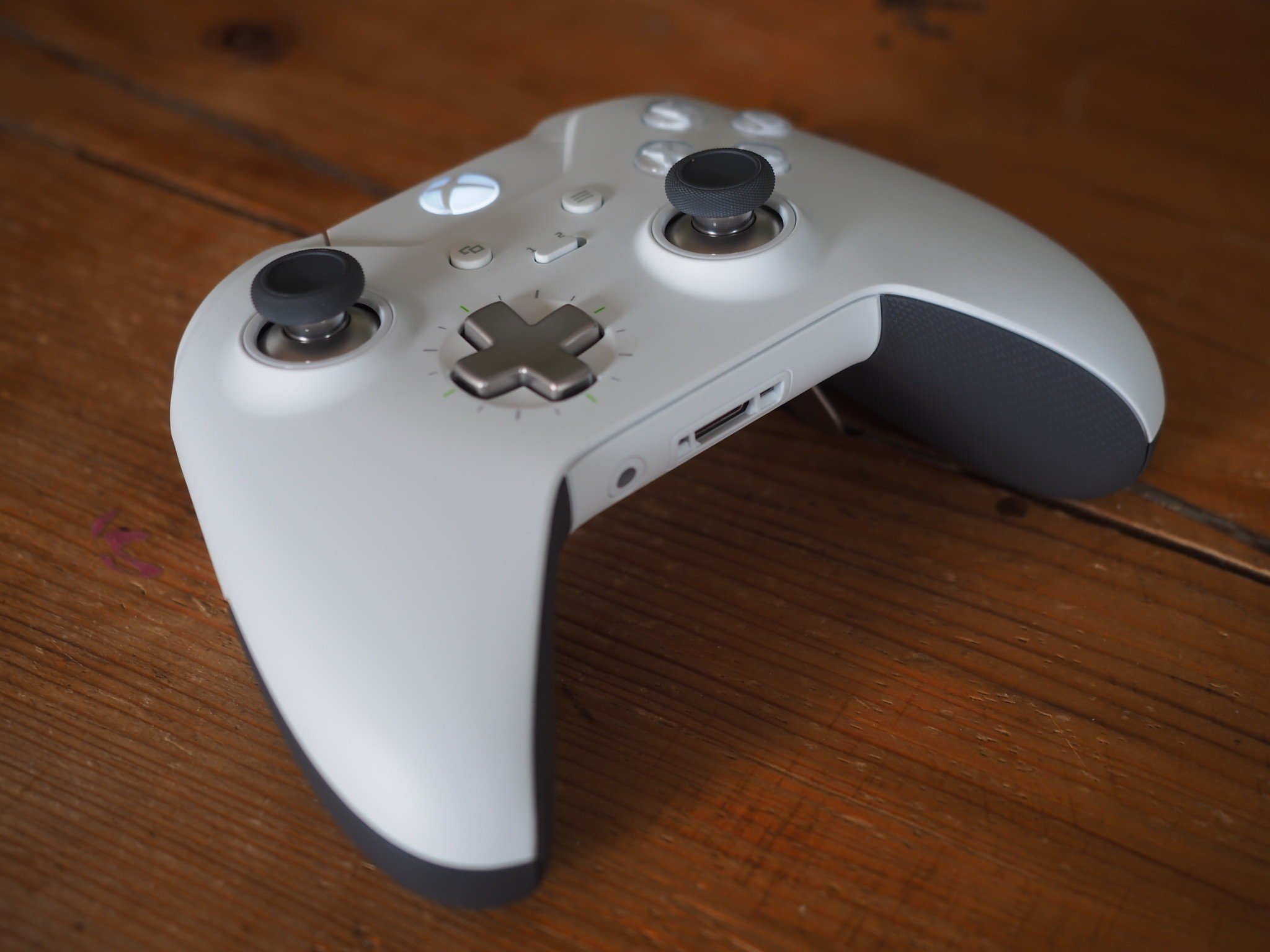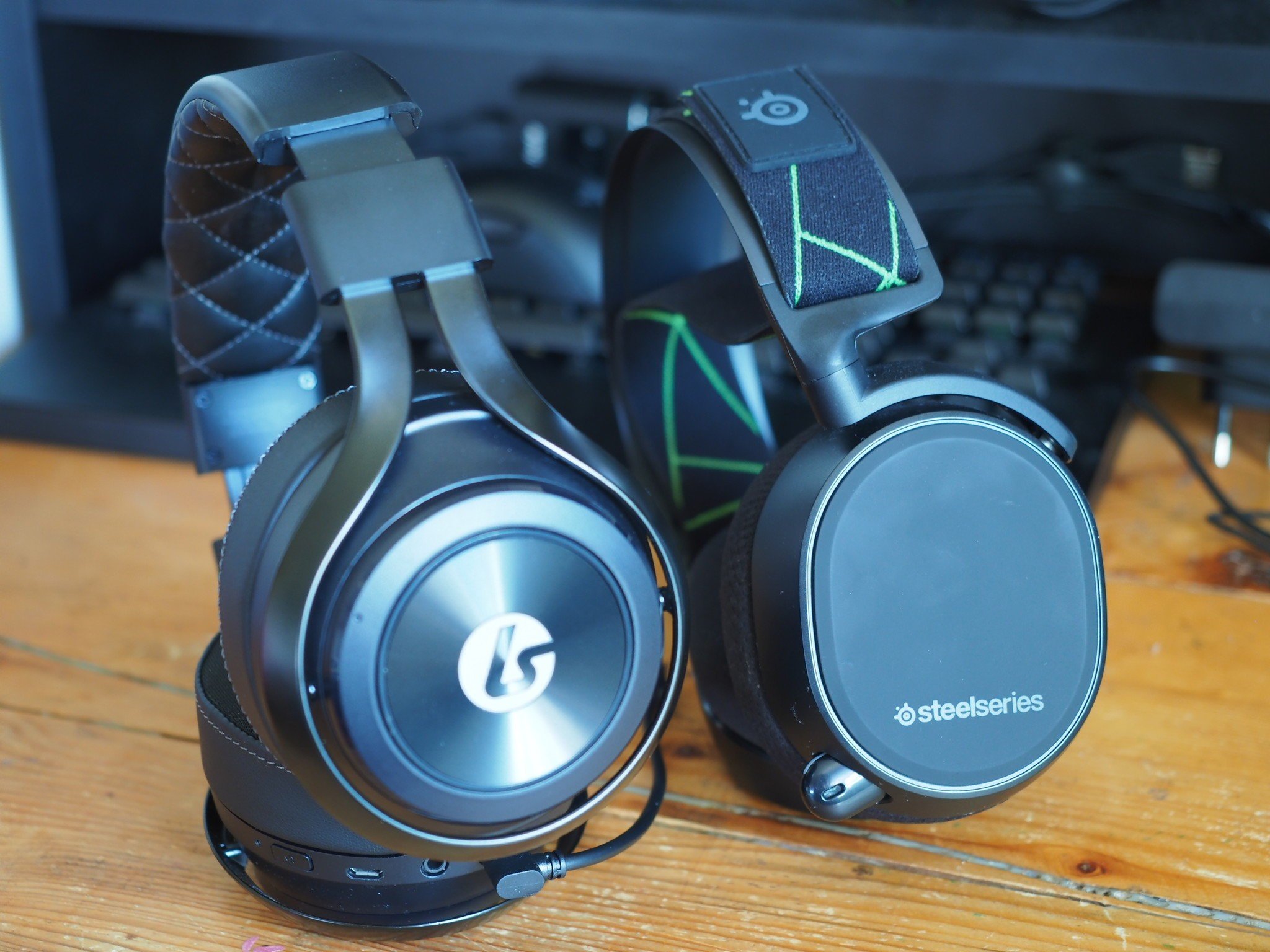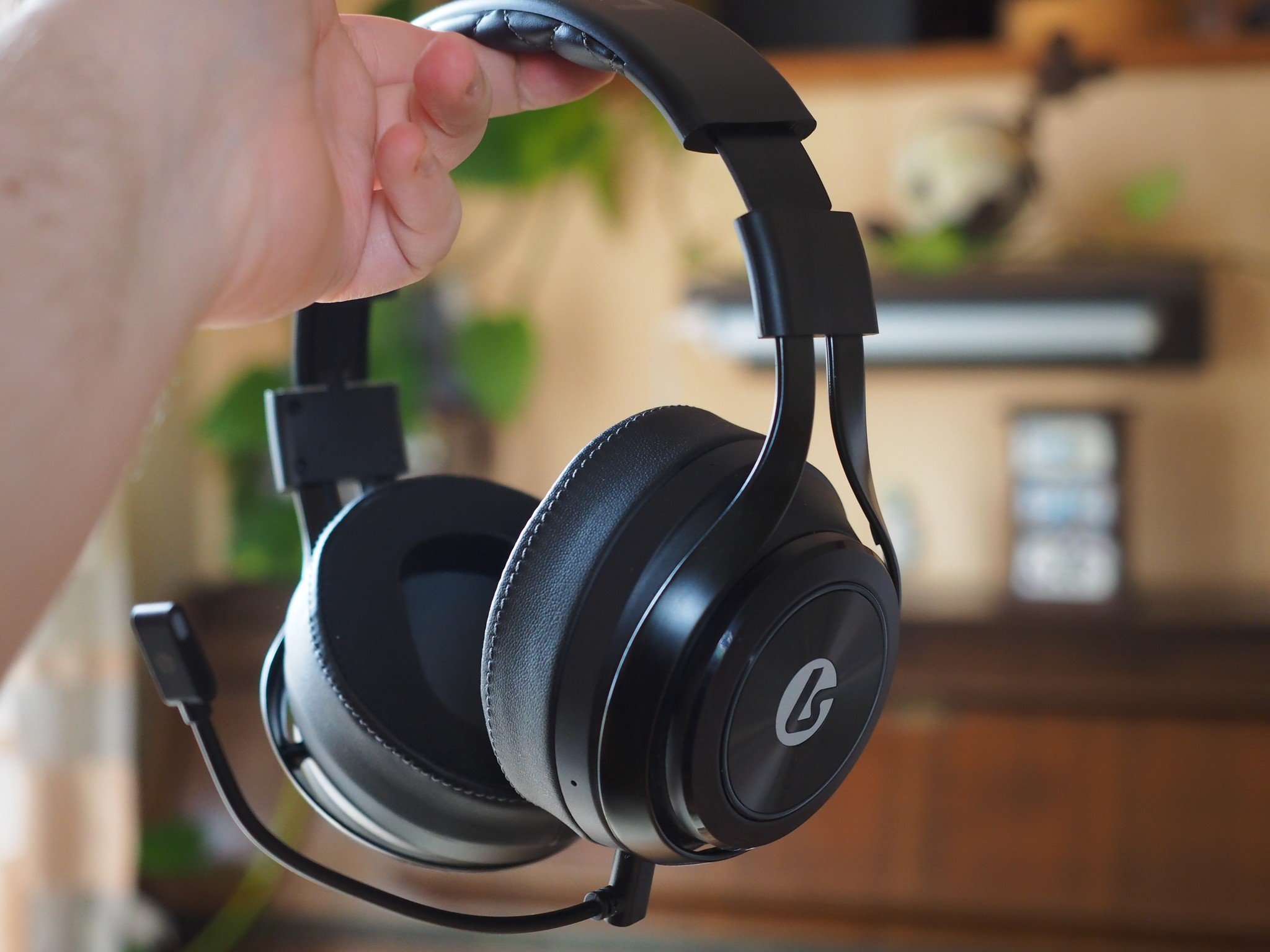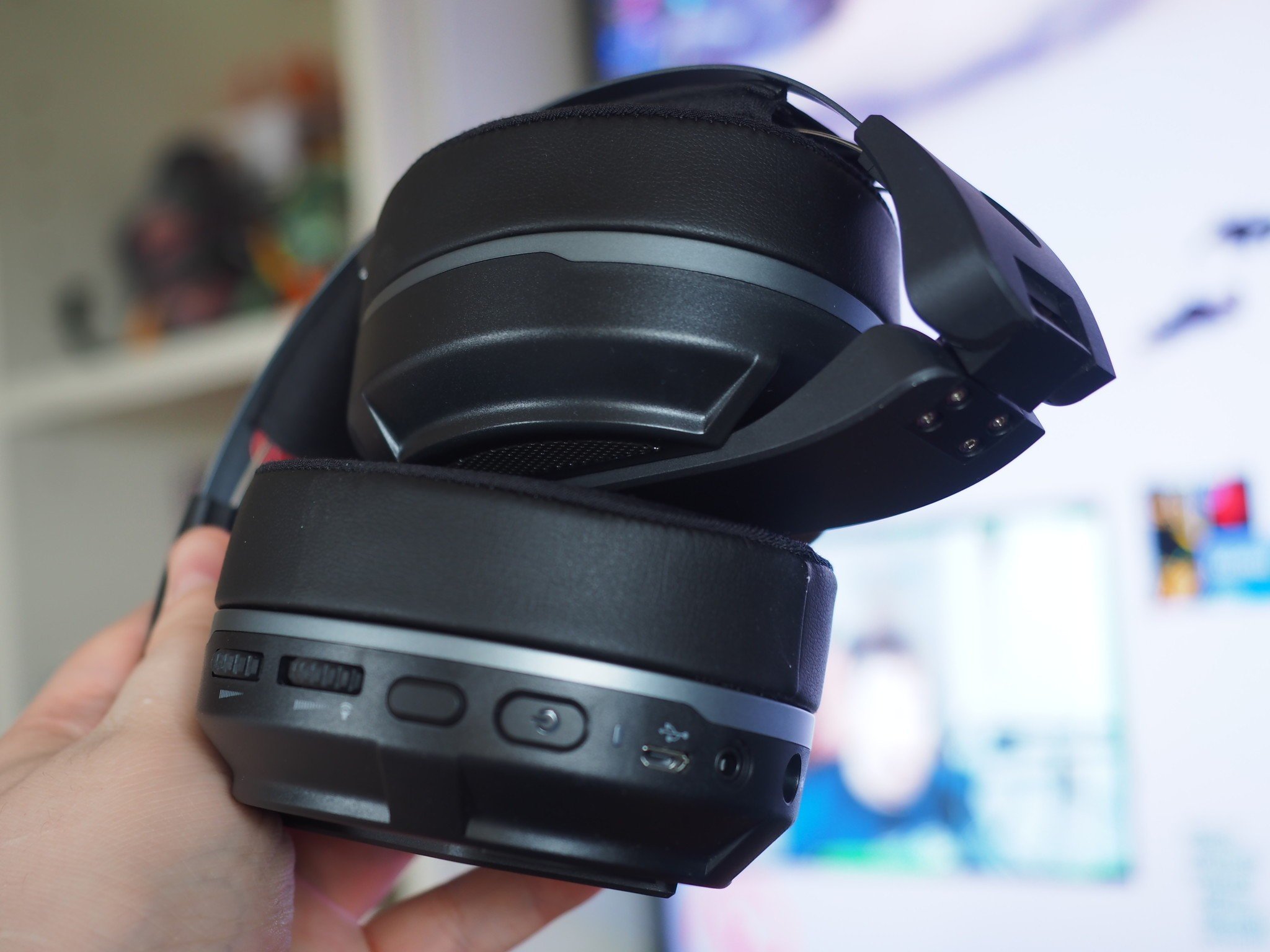How to pick the right Xbox gaming headset for you
So you're in the market for an Xbox headset. Here's how to pick the best product for your personal needs.
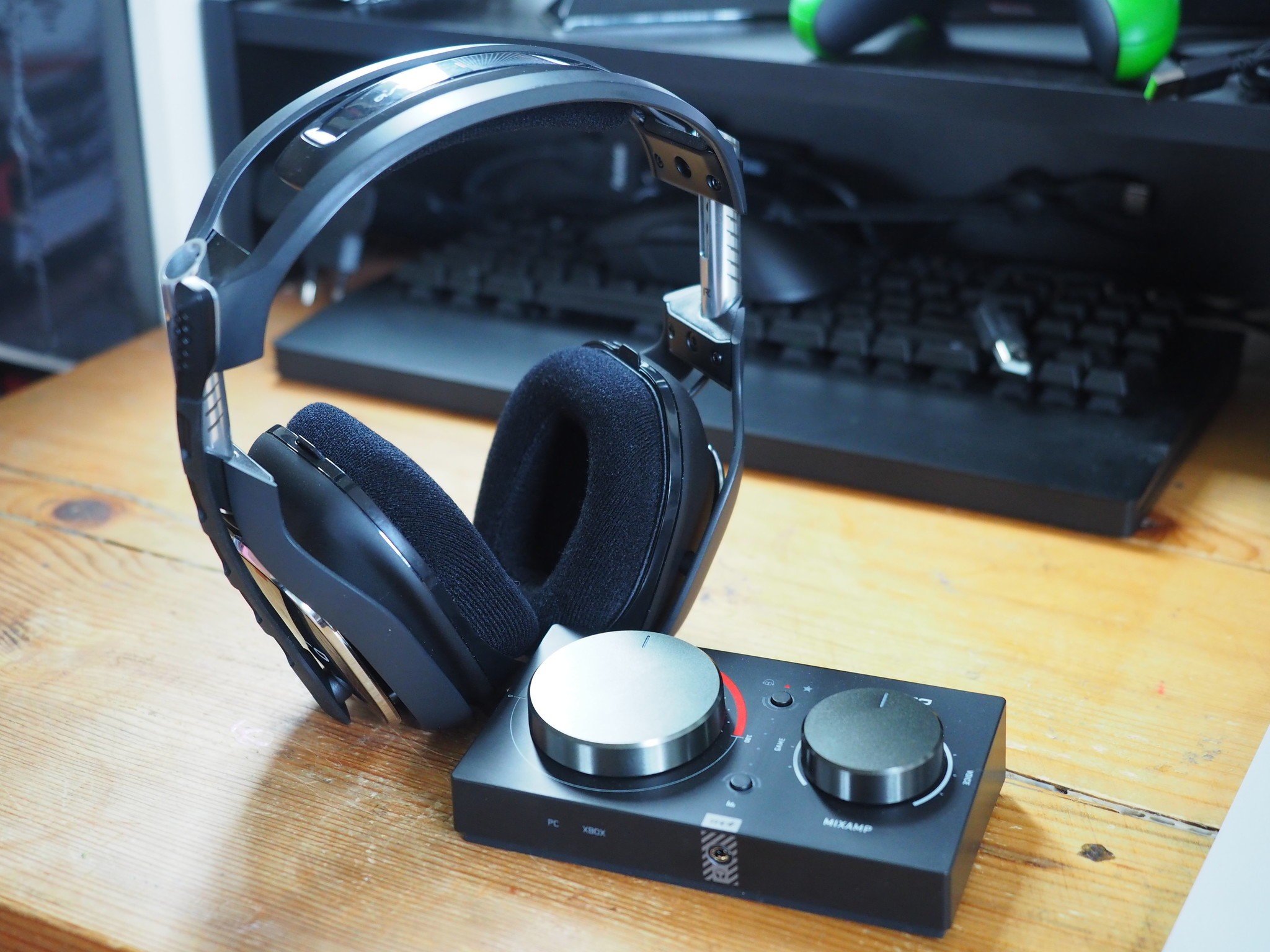
All the latest news, reviews, and guides for Windows and Xbox diehards.
You are now subscribed
Your newsletter sign-up was successful
So you're in the market trying to find the best Xbox headset for you. What exactly does that mean, and what exactly should you be looking for?
Headsets are a vibrant and abundant market, but the spec sheet is often packed with confusing terms, which often aren't clear. Even now, you can find audiophiles on YouTube who argue over the minutia and nuance of high-level audio reproduction. What are the basic rules of thumb, though?
This is how to pick the right Xbox headset for you, and the key things to look out for.
Interfacing and compatibility
First of all, you need to know that the headset you're looking for is actually compatible. For example, headsets that rely entirely on Bluetooth are a no-go for Xbox. Instead, you need to look for headsets that have listed wireless compatibility with Xbox, or headsets that use 3.5mm jacks. Headsets that have their own wireless signals tend to use USB dongles attached to your Xbox to connect, or may have direct-to-console Xbox Wireless signals, such as the LucidSound LS35X.
The current Xbox One, Xbox One S, and Xbox One X consoles all support SPDIF optical as well, but the next-gen Xbox Series X does not. However, some of the best SPDIF-reliant headsets like the Astro A50 are being updated for the Xbox Series X to use USB instead. Additionally, you should be able to simply plug the same SPDIF optical cable into your TV to get Xbox audio that way.
Most gaming headsets say loud and proud on the box what their compatibility is, but it's just something to be aware of so that you don't accidentally pick up the wrong thing.
Audio
Audio is a tricky one since everybody has a different sense of hearing acuity. Various environmental factors, including things like head shape, age, hearing damage, and much more, can impact how each individual perceives the audio from any given source. There are a few rules of thumb you can follow when trying to pick the right Xbox headset for you, though.
All the latest news, reviews, and guides for Windows and Xbox diehards.
I find that *gaming headsets often emphasize audio in the high-range, reducing mids to create clarity around sound effects that might give you a tactical advantage.** For example, the clicking of a player reloading around the corner, or their footsteps. Bass might also get a big emphasis on creating a sense of impact, although too much bass can often drown out those all-important highs. Not many gaming headsets I've used are particularly amazing at separating details compared to high-end music or studio headphones. Still, as a trade-off, you'll also get a microphone and other features necessary for a great all-round gaming experience.
- Frequency response: Determines the range of frequencies the speakers in the headset can put out. The standard range most headsets cover is 20 Hz to 20 KHz, although you may find some headphones that go beyond this for various reasons. Low frequencies are associated with bass typically, and high frequencies are associated with higher-pitched sounds. The human ear supposedly can't detect audio outside of these ranges, but a wider frequency response still might give a more impressive soundscape through subharmonic resonance.
- Speaker size: Most gaming headsets list either 40mm or 50mm neodymium magnets. For headsets, the size of the driver doesn't exactly determine the quality, but there are other features worth being aware of beyond this.
- Surround sound: Surround sound is obviously crucial for gaming headsets since it helps you determine where your enemies are in competitive play and may also help immerse you in the game's world. Microsoft's Xbox consoles come with Windows Sonic or Dolby Atmos virtual surround, which helps produce a sensation similar to a full 5.1 or 7.1 surround sound set up even in stereo headsets. Some headsets also come with 7.1 virtual surround sound baked in, which in my experience often produces a better soundscape.
- Other features: Some headsets have on-board controls to help you alter the volume on the fly, adjust the mix between game audio and these sorts of things. Some headsets might even have wirelessness, including charging docks, or USB cables for charging instead. In those instances, you may want to look at battery life as a factor. Typically, the more features a headset has, the more expensive it will be. More often than not, you'll get what you pay for, though.
Mic quality
In my experience, there's no real way to determine mic quality simply from looking at a spec sheet. Still, for gaming headsets you want to use just for chat purposes only, it basically doesn't really matter, since Xbox Live and other chat programs will limit the quality of the output anyway. This is why most gaming headset microphones typically max out at 16-bit sample rates, whereas music or podcasting-grade microphones may go up to 24-bit, for example. The vast majority of gaming headsets don't have particularly stellar microphones for this reason. Still, there are a few that go a little bit beyond average if you want a bit of versatility. For streaming or content creation, you'll want a dedicated microphone like those found in our Best Microphones for Streamers article.
- Mic monitoring: One feature to look out for is mic monitoring, which is sometimes also called sidetone. Mic monitoring lets you hear yourself speak while speaking, which can be handy if you find yourself speaking unnecessarily loudly, which can happen if you can't hear yourself. Some people don't like sidetone, though. Most headsets out there let you disable it if you're not a fan, usually through PC software or some on-ear control scheme. It's worth checking reviews for this information when you come to purchase.
- Retractable/detachable: If you want a headset that you can use both for Xbox and when you're out and about, you may want to ensure that the microphone can be retracted or removed, so that it's not poking out when you're on the train or the bus, for example.
Comfort and Construction
This one will prove itself to be subjective to the wearer. Everyone's ears, head, and sensitivity is different, and it's hard to determine simply by looking at or reading about a headset to figure out if it'll be the right Xbox headset pick for you. Some headsets have thick padding, which helps with comfort but may increase the sense of isolation beyond what you prefer. Manufacturers are always pushing new ways to increase comfort, too. The LucidSound LS35X has coolant gel in the earcups, for example, which feels great in the summer, or if you particularly dislike having warm ears! The Turtle Beach headsets also come with a unique channel for glasses wearers, which can be handy if you like your spectacles on the thick side.
On the construction side, effectively, you get what you pay for. More expensive headsets have a denser, higher-quality construction that should see them last longer and be more resistant to accidental drops or damage.
Pick the right Xbox headset for you!
There are dozens upon dozens of options out there, from manufacturers of all shapes and sizes. The biggest brands tend to be the most reliable — their brands became big due to their reliability and consistent quality. It's only when you get down into the details that choosing becomes a little bit more difficult. Brands we typically recommend for the best Xbox headsets are usually from companies like Astro, SteelSeries, Turtle Beach, HyperX, Razer, and LucidSound. There are many, many more options out there to consider, though.
Use the above examples to guide you through the different features to look out for, and let us know in the comments what you're using.

Jez Corden is the Executive Editor at Windows Central, focusing primarily on all things Xbox and gaming. Jez is known for breaking exclusive news and analysis as relates to the Microsoft ecosystem — while being powered by tea. Follow on X.com/JezCorden and tune in to the XB2 Podcast, all about, you guessed it, Xbox!
